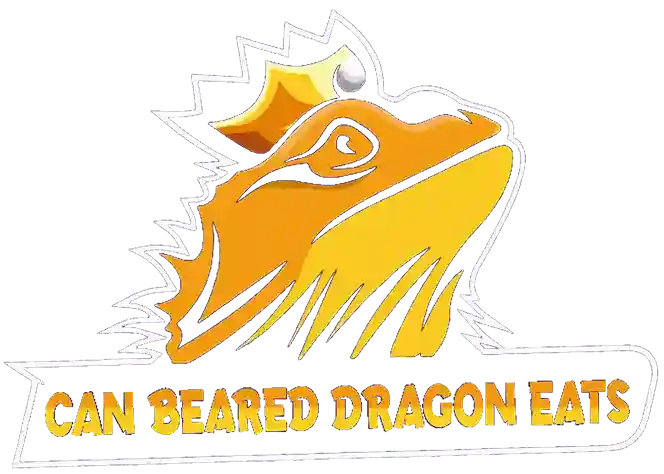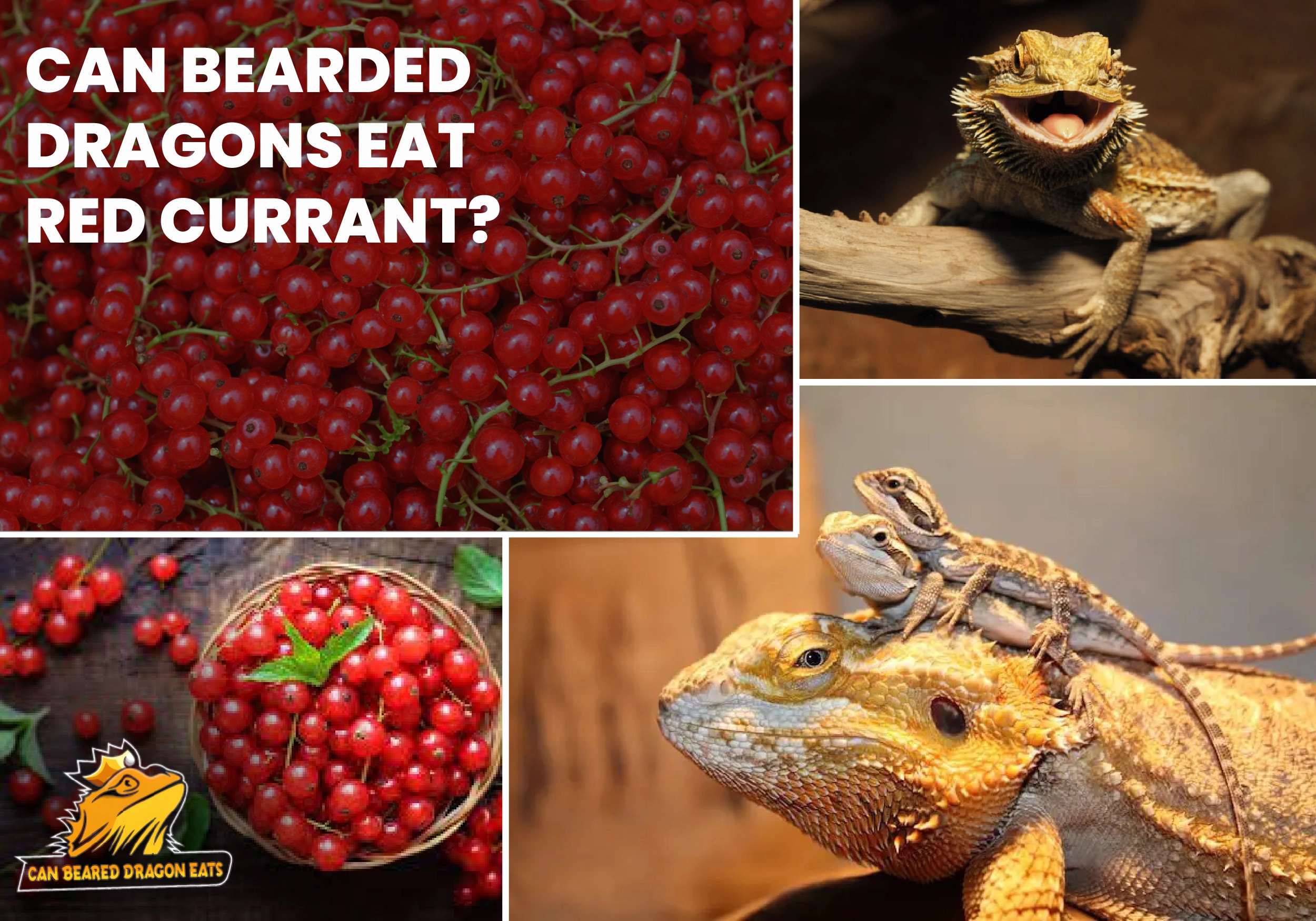For pet owners of bearded dragons, maintaining a well-rounded and nourishing diet is paramount. Among the various options to consider, one question arises: Can Bearded Dragons Eat Red Currant? Yes, they can.
In this informative article, we will explore the nutritional composition of red currants, determine the frequency at which they can be incorporated into a bearded dragon’s diet, and highlight any potential risks associated with their consumption.
By the end, you’ll have a comprehensive understanding of whether red currants are a safe and beneficial addition to your bearded dragon’s meal plan.
Read more : Can Bearded Dragons Eat Mealworms?
What are the Nutritional Values of Red Currant?
Red currants (Ribes rubrum) are small berries that offer several nutritional benefits.
According to Healthline, Here are some of the key nutritional values of red currants:
Vitamins
Red currants are rich in vitamin C, providing about 46% of the recommended daily intake per 100 grams. Vitamin C is crucial for immune function, collagen synthesis, and antioxidant protection.
Minerals
Red currants contain minerals such as potassium, calcium, and magnesium. These minerals play essential roles in maintaining healthy muscles, nerve function, and fluid balance in the body.
Antioxidants
Red currants are packed with antioxidants, including anthocyanins and vitamin C, which help combat oxidative stress and protect cells from damage caused by free radicals.
Dietary Fiber
Red currants are a good source of dietary fiber, promoting digestive health, aiding in regular bowel movements, and contributing to a feeling of fullness.
Low in Calories
Red currants are relatively low in calories, making them a nutritious and guilt-free addition to a balanced diet.
How Often Can Bearded Dragons Eat Red Currant?
Bearded dragons have an omnivorous diet that typically includes a variety of insects, vegetables, and some fruits. While red currants can be included in their diet occasionally, they should not be a staple food. A balanced diet for a bearded dragon should primarily consist of leafy greens, such as collard greens, dandelion greens, and kale, along with a variety of insects like crickets and Dubia roaches.
When offering red currants to your bearded dragon, it is important to remember moderation.
What are the Potential Risks of Feeding Red Currant to Bearded Dragons?
While red currants can provide some nutritional benefits, it is essential to be aware of potential risks associated with their consumption. One concern is the sugar content of red currants.
These berries contain natural sugars, and excessive sugar intake can lead to various health issues for bearded dragons, including
- Oxalates in red currants can contribute to calcium issues in bearded dragons.
- High sugar content in red currants can lead to weight gain and dental problems.
- Introducing red currants may cause digestive problems.
- Pesticide exposure is a risk if red currants are not organic or pesticide-free.
- Feed red currants sparingly as an occasional treat, not a staple food.
- Consult a reptile veterinarian for personalized dietary advice.
Conclusion For Can Bearded Dragons Eat Red Currant?
These vibrant berries offer a tantalizing blend of nutrients, including vitamin C and dietary fiber, providing a wholesome boost to their mealtime adventures.
Yet, tread lightly and offer red currants as a special treat rather than a daily indulgence. With sugar content and oxalates in mind, maintaining a balanced diet of leafy greens and suitable insects remains paramount.
Empower your scaly companion with the guidance of a reptile veterinarian or herpetologist, ensuring their health and happiness on this culinary journey.
- Eastern Bearded Dragon - July 26, 2024
- Why Do Bearded Dragons Bob Their Heads? - July 25, 2024
- Everything You Need to Know About Paradox Bearded Dragons - July 10, 2024

